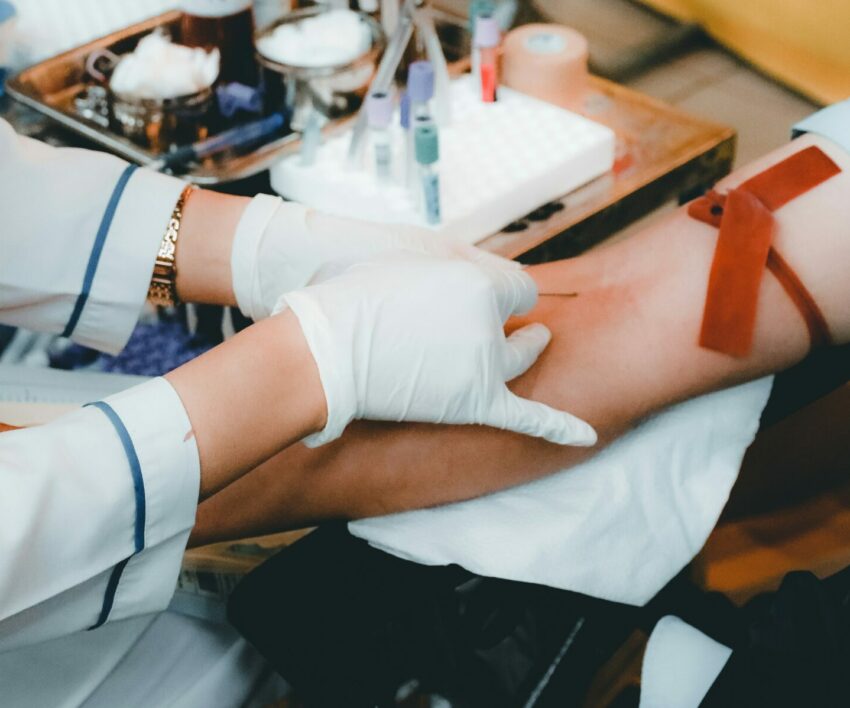
Iron is an important nutritional mineral that the body needs for growth and development. Having less of it means certain functions in your body will be affected.
Iron is explained by the National Institutes of Health as a crucial ingredient used by the body to produce haemoglobin, a protein found in red blood cells that transports oxygen from the lungs to all areas of the body. The body also uses iron to produce myoglobin, a protein that supplies oxygen to muscles. The production of some hormones in the body also depends on the availability of iron.
The Mayo Clinic simplifies iron deficiency as a condition in which the blood lacks enough healthy red blood cells to transport oxygen throughout the body’s tissues. Without enough iron, your body cannot make enough haemoglobin. As a result, iron deficiency anaemia may cause fatigue and shortness of breath.
You may wonder what causes iron insufficiency in your body, could it be your food consumption? These are what the Mayo Clinic states as causes:
Loss of blood: Blood contains iron within red blood cells. So, if you lose blood, you lose iron. Women who have heavy periods are more likely to develop iron deficiency anaemia because they lose a lot of blood during menstruation.
Slow, persistent blood loss within the body, such as from a peptic ulcer, a hiatal hernia, a colon polyp, or colorectal cancer, can result in iron deficiency anaemia. Regular use of over-the-counter pain medicines, particularly aspirin, can cause gastrointestinal bleeding.
Ironless diet: The food you eat provides your body with iron daily. If you eat too little iron-based food, your body will eventually become iron deficient. Iron-rich foods include beef, eggs, leafy green vegetables, and iron-fortified products. Infants and youngsters require iron from their diets to grow and develop properly.
Inability to absorb iron: The small intestine absorbs iron from meals and transports it to the bloodstream. An intestinal issue, such as celiac disease, which impairs your intestine’s capacity to absorb nutrients from digested food, might result in iron deficiency anaemia. A surgical bypass or removal of a portion of your small intestine may also prohibit your ability to absorb iron and other nutrients.
Pregnancy: Without iron supplements, many pregnant women develop iron deficiency anaemia because their iron stores must accommodate their increasing blood volume and provide haemoglobin for the growing fetus.
Besides iron supplements such as pills or an iron syrup that might be prescribed by a doctor, Healthline advises that an increased intake of the following foods can prevent and treat iron deficiency:
- meat such as lamb, pork, chicken, and beef
- beans
- pumpkin and squash seeds
- leafy greens, such as spinach
- raisins and other dried fruit
- eggs
- seafood, such as clams, sardines, shrimp, and oysters
- iron-fortified dry and instant cereals
Also see: Dischem initiative provides equipment to fight lung disease




